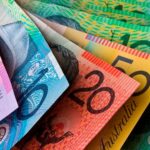
Pound Sterling trades cautiously as traders anticipate a Bank of England interest rate cut next month.
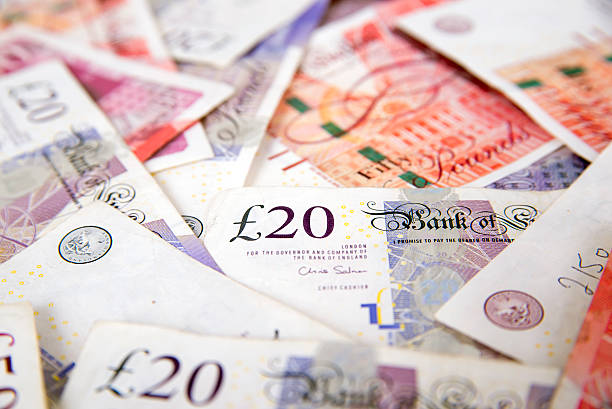
The Pound Sterling (GBP) is trading cautiously against its major counterparts on Thursday, influenced by the higher-than-expected UK Public Sector Net Borrowing in December. The Office for National Statistics (ONS) reported that increased borrowing costs and a one-off payment for military accommodation boosted the budget deficit. This could prompt UK Chancellor of the Exchequer Rachel Reeves to either raise taxes or reduce public spending, potentially slowing the UK’s already modest growth rate.
The UK government’s borrowing costs have surged recently, partly due to concerns over the impact of higher tariffs from US President Donald Trump on economic growth. As a result, 30-year gilt yields jumped to 5.47% on January 14, the highest in over 26 years.
Attention now turns to the Bank of England’s (BoE) upcoming monetary policy decision on February 6. Traders have largely priced in a 25 basis point (bps) rate cut, which would bring borrowing rates down to 4.5%. Expectations of a dovish BoE stance have been fueled by softer inflation, a decline in December’s Retail Sales, and weaker labor demand in the three months to November.
Stay informed on GBP trends and the latest developments in economic policy.
Never miss any important news. Subscribe to our newsletter.
Related News

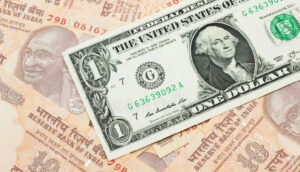
USD/INR Slows Down Amid Mixed Indian PMI Data.

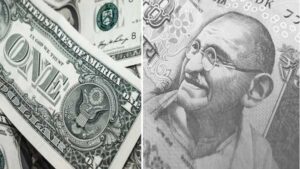
USD/INR Rises as Markets Anticipate Fed Rate Decision.
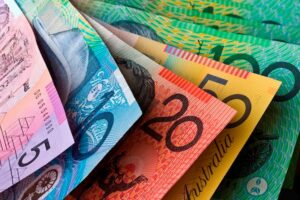

Gold Price Nears Record High Amid Strong Safe-Haven Demand.
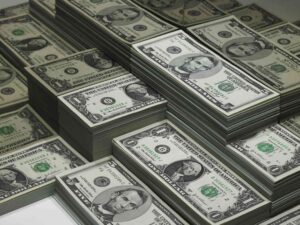

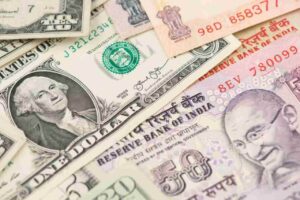
USD/INR Gains Momentum Amid Trade Tariff Uncertainty.
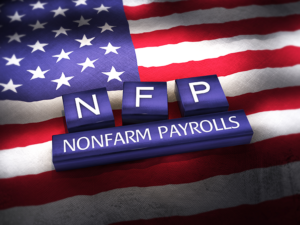
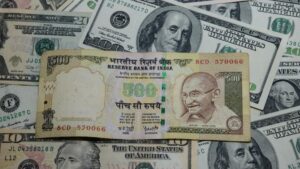

Never miss any important news. Subscribe to our newsletter.
Editor's Pick


USD/INR Slows Down Amid Mixed Indian PMI Data.

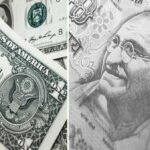
USD/INR Rises as Markets Anticipate Fed Rate Decision.
